

Why are you interested in being a part of the DISD Board?
I’ve always had a passion to help kids find their pathway to success. When I graduated college, I moved to Boston to work for Bain & Company, and I immediately started volunteering as a Saturday tutor with the Steppingstone Foundation. Despite a very busy work schedule, I continued to work on improving schools all through my time in Boston. I helped to start a Cristo Rey school with a work/study model; I helped the Boston Renaissance School with expansion plans as a pro-bono consultant; and then in Chicago, I was part of my Bain office team that helped to start an elementary school. Wherever I’ve gone, I’ve felt called to help children.
I think that drive dates back to my own childhood. I grew up poor in a single parent household, but I had a mother and a grandmother who prioritized education. Even as a young child, I recognized how fortunate I was to be at a great school, so I worked hard to take advantage of that opportunity. I was blessed to get into an Ivy League college and to get a great job after school. I credit my mom, my grandmother, and my education with getting me where I am today, and I think every child deserves that same great start in life.
In Dallas, I have served extensively in leadership positions in the education space. Before running for Trustee, I was the Chair Elect for Reading Partners North Texas, which has brought in over 1,000 volunteer literacy tutors into our schools. I was on the Board of Dallas After School, which is an umbrella organization working through over 100 partners to ensure quality after-school programming for Dallas kids. I was on the Board of Directors for the Woodrow Wilson High School Community Foundation which works to provide resources to all schools in the Woodrow feeder pattern. I was on the Board of Dallas Social Venture Partners, where my wife and I have invested our resources alongside those of other education advocates to help scale effective non-profits that are helping kids. I was on the Board of Governors and Chair of the Governance Committee for Uplift Education, which is the largest charter school operator in North Texas. I was also on the Education Council of the Dallas Regional Chamber of Commerce.
I feel that I’ve already had a positive impact on the lives of thousands of kids via my non-profit service, but there is more that I can do. I know that the greatest impact I can have on the lives of our children is by serving as a Trustee. I believe that all kids deserve a strong start in life, and that it is the obligation of our public schools to offer them the best education possible. I am confident that my passion for kids, my business experience, and my knowledge of the education space can help more kids to be successful. DISD has made a good deal of progress over the last several years, and I desperately want to see that continue. I think I am well suited to help push the board and the administration to continue that progress.
What is your perspective on STEM or STEAM Education? What do you see as some of the key needs? In other words, what do you think is meant by the term (STEM or STEAM) and how do you think a large, urban district like DISD can hope to address key needs.
STEM/STEAM education is a critical component of any well-rounded education. I believe that the job of DISD is to prepare all of our students for college, a career, or military service. Increasingly, 21st century jobs require a deep understanding of engineering principals and a strong foundation in math and science. By the year 2020, it is estimated that 65% of jobs in the DFW area will require some sort of post-secondary education – and many of these jobs are in STEM-related fields.
To prepare our students, DISD needs to further incorporate STEM into the curriculum. Clubs and after-school activities like Robotics clubs and coding groups are a good start, but I’d rather see the STEM fields incorporated directly into the curriculum. The Engineering academy at Woodrow Wilson High School, as an example, has been a tremendous success – and I am looking forward to the new SOLAR Prep all girls STEAM academy opening in the coming months. I would also like to see more DISD schools incorporate “makerspace” STEM labs into their science curriculum and give students the opportunity to learn “with their hands” as they build and manipulate their own creations.
Do you see any connection with the systems thinking that is central to STEM practice and how a large, urban school district needs to operate?
I think a strong foundation in STEM promotes a data oriented approach to management. If our school and administrative leaders understand all the elements of our educational SYSTEM (e.g., students, teachers, parents, administrators, funding formulas, state requirements, student needs, learning barriers presented by poverty, etc.), then we can make more informed decisions using data. System level thinking allows you to innovate around more effective instructional techniques and allows you to pilot new ideas. By testing these new innovations, measuring student outcomes, and assessing data, we can uncover important innovations in teaching and school administration.
This approach has long been used in science and in business – we just need to bring this type of thinking to the management of our educational institutions. Data has already pointed us towards several education reforms that are working in cities around America and the world – it is simply a matter of changing our approach to education and developing the political will to fix the system.
Would you like to share any experiences (professional / family / educational) that helped you value STEM skills and mindsets (regardless of what kind of job one hopes to get)?
I always had a particular affinity for math as a child, but I never truly appreciated the impact that these skills would have on my future career. When I took my first job as a management consultant, I quickly learned how important those analytical and deductive skills would be to my future. For one of my first consulting projects, I built a robust predictive analytical model to help Gillette decide where to set the unit price for each pack size of Duracell batteries. We needed to predict customer behavior, competitive responses, and retailer reactions. I know that I would not have been able to be successful in this role if it hadn’t been for the strong STEM foundation I had received in my secondary and post-secondary education. This was something of a “wake-up call” for me about the importance of a strong STEM education.
About Dustin:


Their business is an expedited freight company called Hazel’s Hot Shot. Hazel’s focuses on time-critical shipments and operates via several divisions which provide an array of transportation services ranging from local courier services to customized air freight to expedited cross-country shipments. Denise and Dustin reside in the Preston Hollow neighborhood of Dallas and have four amazing children, Lilianna, Jackson, Hailey, and Madelyn.
You can read more about Dustin and his campaign for election as DISD Trustee in District 2.
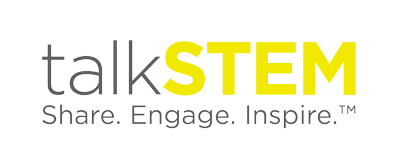
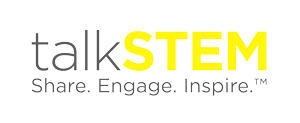
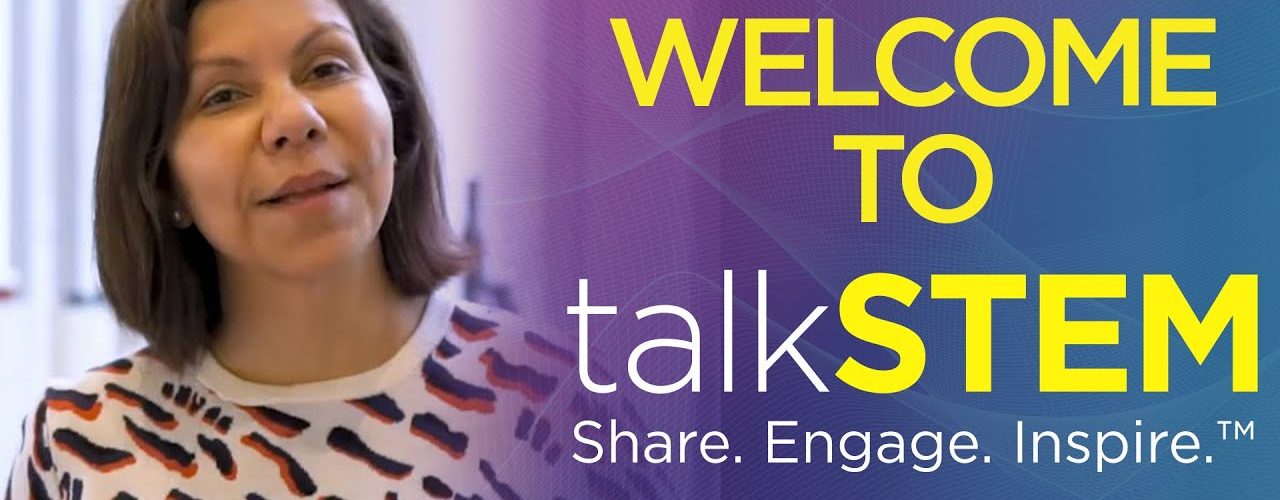
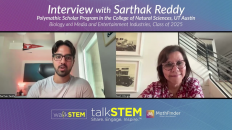
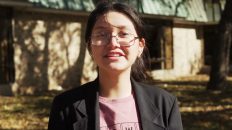



Add comment